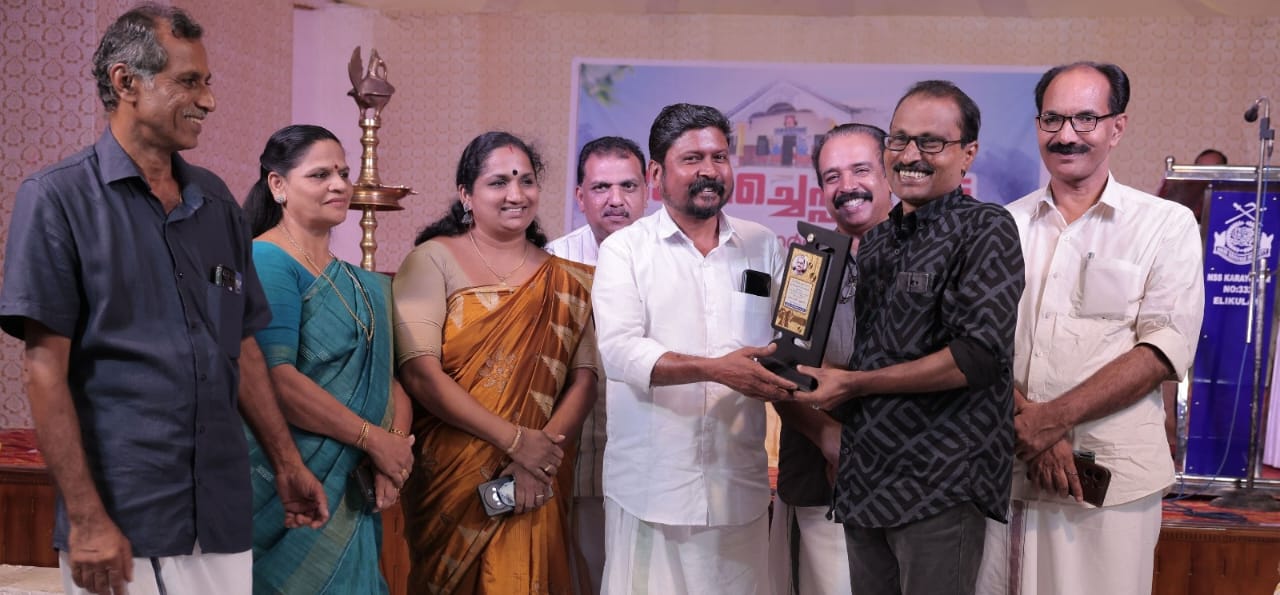In vitro fertilization (IVF) has revolutionized reproductive medicine across Europe, offering hope to countless individuals and couples struggling with infertility. As this technology continues to advance, it brings with it a host of complex ethical considerations and varying public attitudes. This article explores the multifaceted landscape of IVF in European societies, examining both the ethical challenges and the evolving public perception of assisted reproductive technologies.
Ethical Considerations: Navigating Uncharted Territory
The rapid progress of IVF technology has outpaced the development of comprehensive ethical frameworks, leaving healthcare professionals, policymakers, and society at large grappling with profound questions. One of the most pressing concerns revolves around the status and fate of cryopreserved embryos. As IVF clinics accumulate vast numbers of stored embryos, debates rage over who holds the ultimate authority to determine their future – the genetic parents, medical institutions, or regulatory bodies.
The advent of preimplantation genetic testing (PGT) has sparked intense discussions about the ethical implications of embryo selection. While PGT offers the potential to prevent hereditary diseases, critics argue that it treads dangerously close to eugenics, raising fears of a “designer baby” future. The technology’s ability to screen for non-medical traits further complicates the ethical landscape, forcing society to confront questions about the limits of reproductive autonomy and the value of human diversity.
The commercialization of IVF has introduced its own set of ethical quandaries. The proliferation of unproven “add-on” treatments in some clinics has raised concerns about patient exploitation and the prioritization of profit over medical efficacy. This trend highlights the delicate balance between fostering innovation and protecting vulnerable patients from potentially harmful or ineffective interventions.
Access to IVF remains a contentious issue across Europe. While some advocate for universal access regardless of marital status, sexual orientation, or age, others argue for restrictions based on various social, economic, or medical criteria. The high cost of IVF treatments has sparked debates about healthcare equity and the role of public funding in assisted reproduction. These discussions often intersect with broader societal values regarding family structures and reproductive rights.
The practice of cross-border reproductive care, colloquially known as “fertility tourism,” presents its own ethical challenges. As individuals seek more affordable or less restrictive IVF options in other countries, questions arise about the potential exploitation of women in economically disadvantaged regions, particularly in the context of egg donation and surrogacy.
Public Attitudes: A Shifting Landscape
Despite the ethical complexities surrounding IVF, public opinion in Europe has generally trended towards acceptance and support for assisted reproductive technologies. Large-scale surveys have revealed predominantly positive attitudes towards IVF across diverse demographic groups. This growing acceptance reflects changing societal norms around family formation and an increasing recognition of infertility as a medical condition deserving of treatment.
However, public attitudes are far from monolithic. Religious beliefs continue to play a significant role in shaping individual perspectives on IVF, with more conservative religious communities often expressing reservations about certain aspects of the technology. Cultural factors and national histories also influence public opinion, leading to variations in acceptance levels across different European countries.
One notable trend is the generational divide in attitudes towards IVF. Younger Europeans tend to express more open and positive views on assisted reproduction, reflecting broader shifts in societal values around family, gender roles, and personal autonomy. This generational difference suggests that public acceptance of IVF is likely to continue growing in the coming years.
Public understanding of IVF success rates and limitations remains an area of concern. Studies have shown that many individuals hold overly optimistic views about the effectiveness of IVF, potentially leading to unrealistic expectations and emotional distress. This highlights the need for improved public education and transparent communication from healthcare providers and policymakers.
Balancing Progress and Ethics
As IVF technology continues to evolve, European societies face the ongoing challenge of reconciling scientific advancements with ethical considerations and diverse public opinions. The development of comprehensive, culturally sensitive regulations will be crucial in addressing concerns around embryo status, genetic testing, and commercialization.
Fostering informed public discourse on IVF is essential for shaping policies that reflect societal values while respecting individual reproductive rights. This will require ongoing collaboration between medical professionals, ethicists, policymakers, and community leaders to navigate the complex intersection of science, ethics, and public opinion.
Ultimately, the future of IVF in Europe will depend on striking a delicate balance between embracing the potential of assisted reproductive technologies and ensuring that their development and application align with ethical principles and societal values. As public attitudes continue to evolve, so too must the frameworks governing this transformative medical field.









